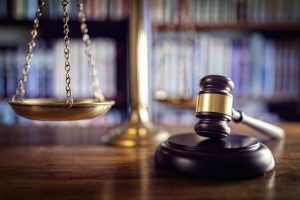Florida personal injury laws are designed to compensate those who are injured as a result of someone else’s negligence. These extend to individuals involved in car accidents, slip-and-fall incidents and injury due to use of dangerous products. 
Claims for damages (financial compensation) can be pursued either by filing a lawsuit or negotiating a settlement. As our South Florida injury lawyers can explain, most claims are resolved via settlement, as these tend to conclude faster, be less costly and outcomes are more certain than in litigation.
Civil injury attorneys will usually work to negotiate a settlement with defendant insurers before going the route of a lawsuit. While each case is different, it’s usually only if those settlement negotiations break down (when an insurer tries to settle a claim for less than it’s worth) that your attorney will recommend a lawsuit. Continue reading
 South Florida Injury Lawyer Blog
South Florida Injury Lawyer Blog


